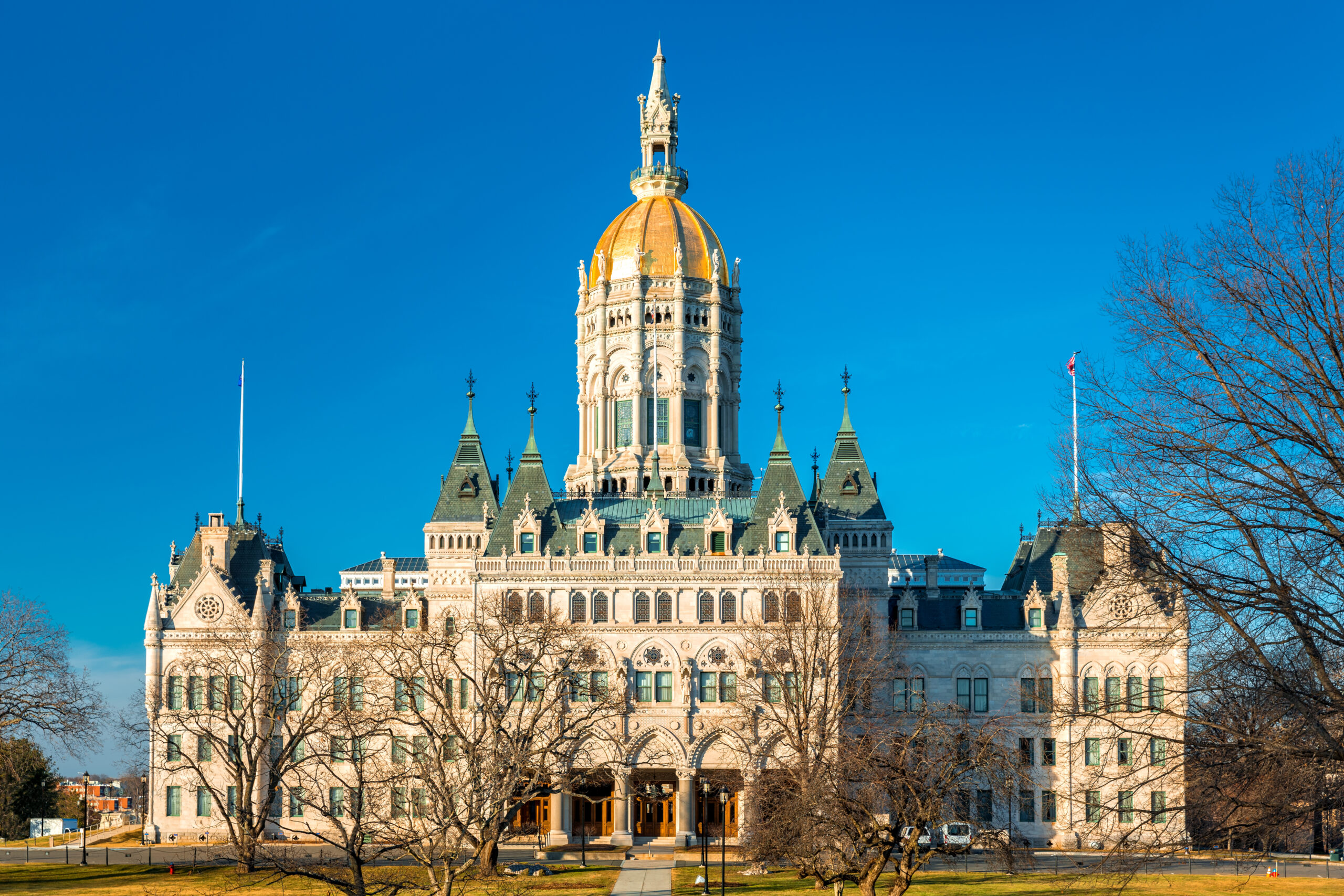Two state department heads are advocating for the creation of an energy and environmental justice position at Independent System Operator of New England (ISO-NE), which coordinates the region’s generation and distribution of electricity.
The letter, dated Aug. 1, was signed by Katie Dykes, Commissioner of the Department of Energy & Environmental Protection (DEEP) and Marissa Gillett, Chair of the Connecticut Public Utilities Regulatory Authority (PURA). Both joined representatives from Maine, Massachusetts, Vermont and Rhode Island in supporting “a executive-level position focusing on energy and environmental justice (EJ) to align ISO-NE’s organizational objectives and operations with a just and equitable clean energy transition.” Of the six New England states, only New Hampshire did not sign.
The letter further states, “We are interested in supporting investments to achieve a clean regional power grid that is reliable, affordable, and equitable.”
The job description outlines these responsibilities:
- Serving as a liaison to low-income, minority and overburdened communities (so-called “environmental justice communities”)
- Coordinate across ISO-NE internal teams and working groups on understanding EJ principles and incorporating EJ principles into ISO-NE programs, initiatives, and the development of rules and practices.
- Develop and facilitate internal trainings and workshops on meaningful engagement of EJ communities.
- Coordinate with regional partners on cross-state collaboration and implementation of EJ principles.
- Develop tracking systems and mechanisms to ensure accountability in incorporating energy and EJ principles into ISO-NE corporate strategies, programs, initiatives, and development of rules and practices.
It is likely that Dykes and her New England colleagues already have a short list of candidates for the ISO-NE commissioner to consider, hence the delivered letter. The final candidate will likely align ideologically with those responsible for their nomination, ready to advocate for the latest government-agency approved social justice policies on the electric grid frontier.
That said, there is an outside chance that a nominee could come from outside the expected candidates. Though they are often relegated to the fringes of political discussion, some representatives of minority groups blend traditional concerns about equity with a skeptical eye for overzealous government action.
For example, in California, the Two Hundred for Home Ownership, envisions a state “where every family has the opportunity to own a home that will enable them to build wealth and achieve economic security.”
They are “a statewide coalition of founders of civil rights organizations, community and business leaders, housing advocates, former state legislators, and cabinet members.” All members of the board are minorities.
Members of the Two Hundred oppose policies which aggravate income divides:
- “Diverse Energy Sources: Mandated conversion of gas appliances to electricity creates an unfair financial burden for owners and renters and should be reconsidered.”
- “Reliable & Affordable Vehicles: The California legislature, California Supreme Court, and United States Supreme Court have all upheld this right to fair access to reliable, affordable passenger vehicles. Unfortunately, current zero emissions plans in California violate this civil right and thus must be addressed.”
- “Vehicle Miles Traveled (VMT): Vehicle Miles Traveled (VMT) is a misguided regulation that adds $50,000- $1,000,000 to the cost of homes in some of the last affordable areas in California. It is imperative this tax on low- and moderate-income homebuyers is repealed.”
The quest for “equity,” in other words, does not necessarily equate to a vision of advocacy that blindly endorses the latest progressive policy fads. Often, the sincerest form of environmental justice requires a hard look at such fads and a willingness to cut against the grain of “politics as usual.”
If ISO-NE does in fact hire an environmental justice executive, one can hope that they might consider an approach that follows just such a contrarian impulse. Figuring out a way to lower ISO-NE’s sky-high electric prices would be a great place to start, which is something all of us (especially low-income minority communities) would be most grateful for.
The entire letter can be read here.

